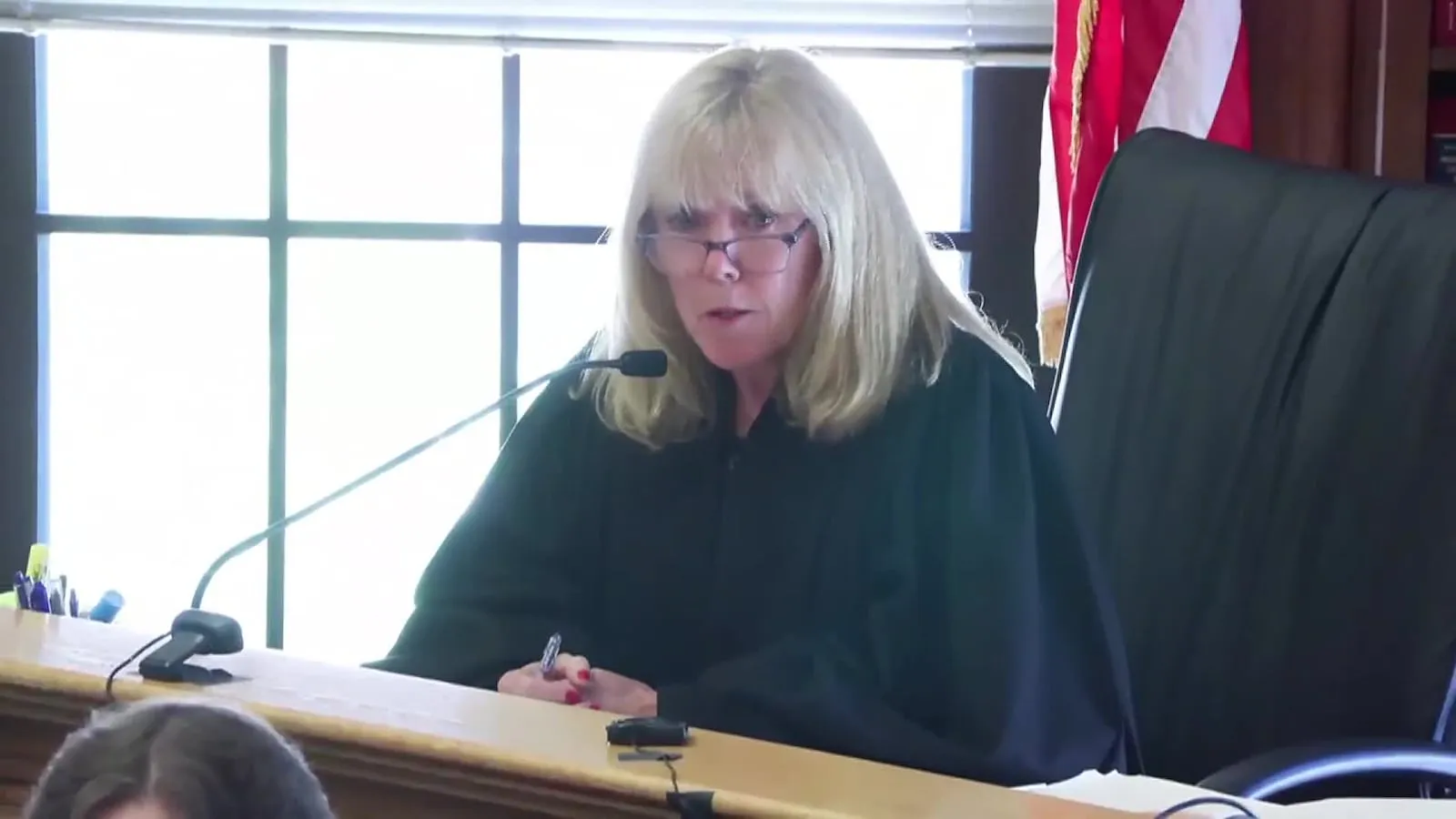“`markdown
Shocking Revelations: What Happens Behind Closed Doors for Baker Act Patients?
In recent years, the Baker Act has come under scrutiny as reports of troubling conditions within mental health facilities have emerged. This Florida law allows for the involuntary examination of individuals deemed to be a danger to themselves or others due to mental illness. While intended to protect vulnerable individuals, many are questioning whether the Act truly serves its purpose or if it exacerbates the very issues it aims to address.
The Baker Act permits patients to be held for up to 72 hours without their consent, often leading to feelings of powerlessness and fear. During this time, individuals may be subjected to conditions that are less than ideal, raising concerns about their safety and well-being. Reports indicate that overcrowding in facilities and inadequate resources can significantly impact the quality of care received by patients.
The Reality of Overcrowding and Inadequate Resources
Many facilities struggle with overcrowding, which can lead to insufficient staffing and inadequate attention to individual patient needs. Patients often report feeling neglected and that their treatment lacks the personal touch necessary for effective mental health care. As one patient stated, “It feels like we are just numbers, not people with real problems.” This sentiment reflects a growing frustration among those who have experienced the Baker Act process.
Moreover, the stigma surrounding mental health issues persists, both during and after treatment. Many Baker Act patients face discrimination when reintegrating into society, often leading to isolation and further mental health challenges. The lack of transparency in the treatment process adds another layer of complexity, as families frequently report feeling excluded from decision-making.
The Concerns of Families and Patients
Families of Baker Act patients often feel powerless and disconnected from the treatment process. Many express frustration at not being included in discussions about their loved ones’ care. One family member shared, “We were kept in the dark about everything. It felt like we had no say in our loved one’s treatment.” This lack of communication can lead to further distress for families already grappling with the challenges of mental illness.
Another critical issue is the use of restraints and seclusion in facilities, which can lead to trauma and exacerbate existing mental health issues. Reports from advocacy groups indicate that these practices are not only distressing for patients but can also hinder their recovery. As one advocacy leader noted, “Using restraints can create a cycle of fear and trauma that makes it harder for patients to heal.“
Calls for Reform and Community-Based Solutions
The effectiveness of the Baker Act in providing necessary mental health care is increasingly debated. Many advocates are calling for reform and better alternatives, emphasizing the need for more community-based mental health services. These services could help prevent the need for involuntary commitment by providing support before crises escalate.
The COVID-19 pandemic has further highlighted the mental health crisis, leading to an increased use of the Baker Act in some areas. As mental health needs grow, the demand for effective and compassionate care has never been more urgent. Advocacy groups are urging policymakers to prioritize mental health funding and resources to ensure that individuals receive the care they need without resorting to involuntary commitment.
Conclusion: The Path Forward
As the conversation surrounding the Baker Act continues, it is clear that significant changes are necessary to improve the experiences of patients and their families. The current system, marked by overcrowding, stigma, and lack of transparency, must evolve to better serve those in need.
Moving forward, it is essential to listen to the voices of patients and families, ensuring that their experiences inform policy changes. By investing in community-based mental health services and prioritizing patient-centered care, we can create a system that truly supports individuals in their time of need, rather than leaving them feeling isolated and powerless.
In the words of a former Baker Act patient, “Everyone deserves to be treated with dignity and respect, especially when they are at their most vulnerable.” It is time for the system to reflect these values and provide the care that all individuals deserve.
“`






Leave a Comment